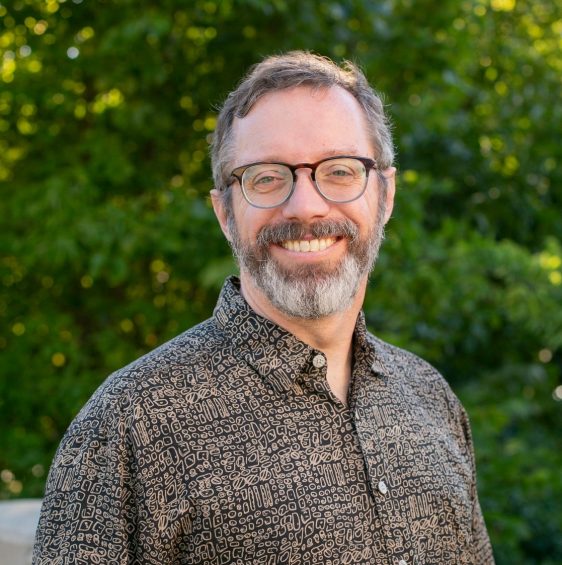Professor
College of Letters & Science | Department of Geography and Center for Climatic Research
Hometown: San Francisco, CA
John (Jack) Williams is Professor in Geography and a former director of the Center for Climatic Research at UW-Madison. He studies climate change and ecosystem responses to changing climates, using the end of the last ice age as a model system for understanding the effects of large global rises in temperature. His work ranges from fieldwork and coring lakes to helping lead and build global-scale community databases. He has lived in Wisconsin since 2004 and has raised his family here; he enjoys kayaking, pickleball, running with his dog, and board-gaming. Dr. Williams is a Fellow of the Ecological Society of America and Kellett Fellow at UW-Madison. More information can be found at www.geography.wisc.edu/faculty/williams/lab/ or via Twitter @IceAgeEcologist
Talks:
Plant Responses to Climate Change: Lessons from the Past
How do plants adapt to changing climates and how can we help them? Some of our best examples come from the end of the last ice age, when the world warmed by 5-10F. I’ll review how we study the last great global warming, what we’ve learned, and solutions for today.
Wisconsin After the Last Ice Age: An Ecological History
Here I’ll review how we study past climates and ecosystems, what we’ve learned and insights for today.
Climate Science and Solutions: An Overview
Ancient DNA! How a new technology is revolutionizing our understanding of ecosystem and human history
Ancient Environmental DNA, called a scientific breakthrough of the year by Science Magazine and MIT Technology Review, is DNA recovered from ancient sediments. By matching these ancient DNA fragments to modern genomes, we can learn about the past history of life on Earth, even for species formerly invisible in the fossil record.
